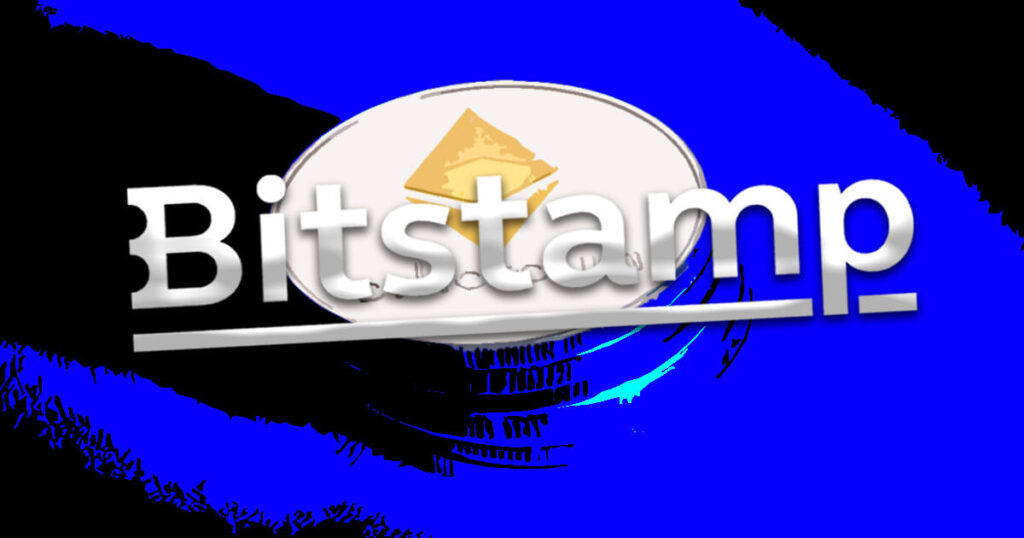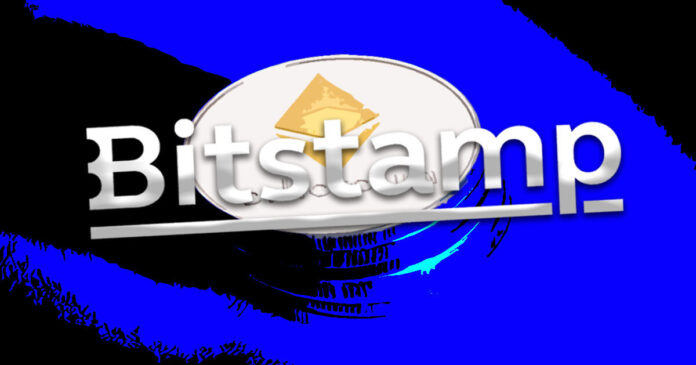Bitstamp, a global cryptocurrency exchange, has made the decision to halt Ethereum (ETH) staking services for its US customers due to increasing regulatory uncertainty. Users have until September 25 to earn rewards on their staked assets before the tokens are withdrawn and returned to their accounts. This move comes after the exchange recently discontinued support for seven other cryptocurrencies, including Polygon (MATIC) and Solana (SOL), which were deemed “unregistered securities” by the US Securities and Exchange Commission (SEC). The lack of clarity in the regulatory landscape has raised concerns among users and service providers, highlighting the need for clearer guidelines and a balanced approach towards cryptocurrency regulation.

Bitstamp Halts ETH Staking for US Customers Amid Regulatory Uncertainty
Bitstamp, a global cryptocurrency exchange, has recently announced that it will be terminating Ethereum staking services for its US customers. This decision comes as a result of increasing regulatory uncertainty in the United States. Bitstamp has set September 25 as the deadline for users to earn rewards on their staked assets. After this deadline, the staked tokens will be withdrawn and returned to users’ accounts.
Reasons for Bitstamp’s Decision
The primary reason behind Bitstamp’s decision to halt ETH staking for US customers is the increasing regulatory uncertainty in the country. The regulatory landscape surrounding cryptocurrencies in the US has become increasingly complex and unclear, making it difficult for exchanges like Bitstamp to navigate and provide their services to customers. This uncertainty has led Bitstamp to make the difficult decision to discontinue staking for US customers.
Deadline for Users to Earn Rewards
Bitstamp has set a specific deadline for users to earn rewards on their staked assets. This deadline is September 25, after which the staked tokens will be withdrawn and returned to users’ accounts. It is important for users to be aware of this deadline and take any necessary actions to ensure they can earn their rewards before the deadline passes.
Discontinuation of Other Cryptocurrencies
In addition to halting ETH staking for US customers, Bitstamp has also announced the discontinuation of seven other cryptocurrencies. These cryptocurrencies include Polygon (MATIC) and Solana (SOL), among others. The reason for discontinuing these cryptocurrencies is that they have been deemed “unregistered securities” by the US Securities and Exchange Commission (SEC). This designation has led Bitstamp to remove these cryptocurrencies from its platform.

SEC Crackdown on Crypto Exchanges
The SEC has been cracking down on cryptocurrency exchanges that it believes have violated securities laws or offered unregistered securities. Two major exchanges, Binance and Coinbase, have faced legal actions from the SEC for these reasons. These actions by the SEC have resulted in increased scrutiny of the agency’s approach to cryptocurrency regulation.
Lack of Clarity on Crypto Regulations
The lack of clarity and definitive regulations surrounding cryptocurrencies in the US has caused concerns among both users and service providers. The SEC’s approach to regulating cryptocurrencies has been called into question, as it has struggled to provide a clear stance on the status of cryptocurrencies. This lack of clarity makes it difficult for companies like Bitstamp to operate with certainty and provide their services to customers.

Kraken’s Penalty and Crypto-Staking Halt
Another significant event in the cryptocurrency industry was the SEC’s imposition of a $30 million penalty on Kraken. This penalty was imposed on Kraken for offering staking services, similar to what Bitstamp had been offering. As a result of this penalty, Kraken had to halt its crypto-staking services for US customers. This penalty and halt provide further evidence of the challenges and risks faced by cryptocurrency exchanges operating in the US.
Impact on the DeFi Sector
The decision by Bitstamp to halt ETH staking for US customers has had an impact on the decentralized finance (DeFi) sector. Staking has gained significant popularity within the DeFi sector, allowing users to earn rewards for holding their cryptocurrencies. The discontinuation of staking services by Bitstamp adds complexity to the DeFi sector, as users now have limited options for staking their assets.

Regulatory Conundrum of Ethereum’s Ether
A significant regulatory conundrum in the cryptocurrency industry revolves around Ethereum’s native cryptocurrency, Ether. The question of whether Ether should be classified as a commodity or a security remains unresolved. While the Commodity Futures Trading Commission (CFTC) has consistently labeled Ether as a commodity, there has been no definitive determination on its status. This lack of clarity further highlights the need for clearer regulatory guidelines in the cryptocurrency industry.
Pressing Need for Clearer Regulatory Guidelines
The discontinuation of ETH staking by Bitstamp, along with the regulatory challenges faced by other cryptocurrency exchanges, underscores the pressing need for clearer regulatory guidelines. The cryptocurrency industry requires a balanced approach to regulations that fosters innovation while also protecting investor interests. Clear and definitive regulations are necessary to provide certainty and stability to the industry, allowing it to grow and thrive in a responsible manner.
In conclusion, Bitstamp’s decision to halt ETH staking for US customers reflects the increasing regulatory uncertainty in the country. The lack of clarity and definitive regulations surrounding cryptocurrencies has created challenges for exchanges like Bitstamp. The discontinuation of staking services and the SEC’s actions against exchanges highlight the need for clearer regulatory guidelines in the cryptocurrency industry. It is crucial for regulators to provide a balanced approach that fosters innovation while ensuring the protection of investors.















